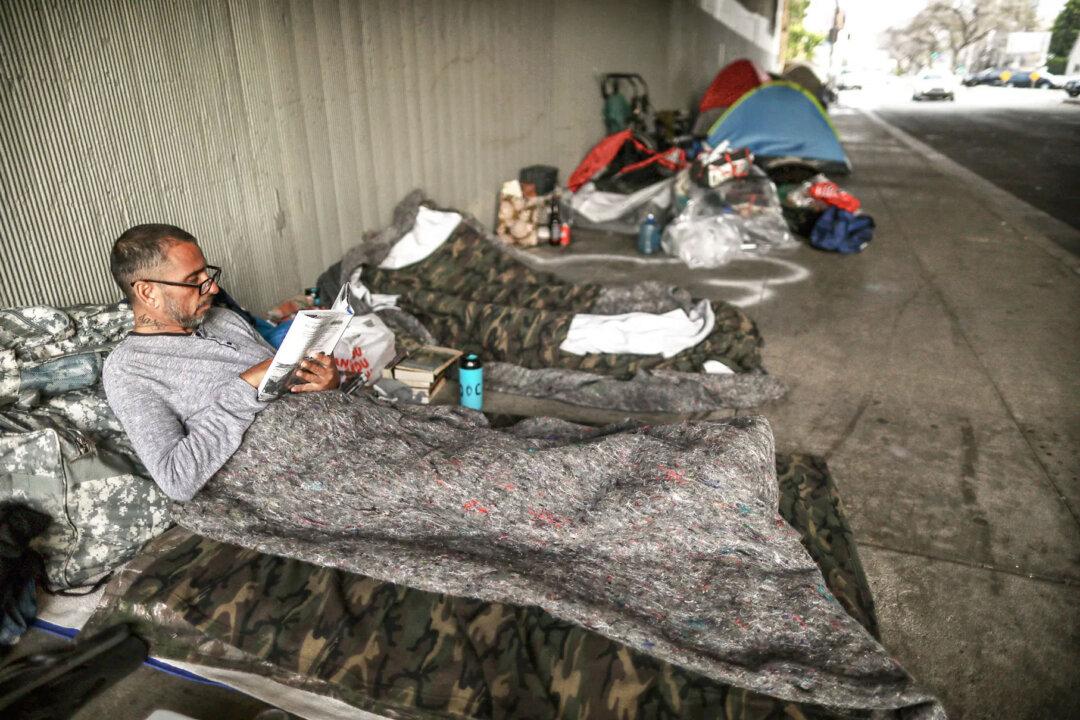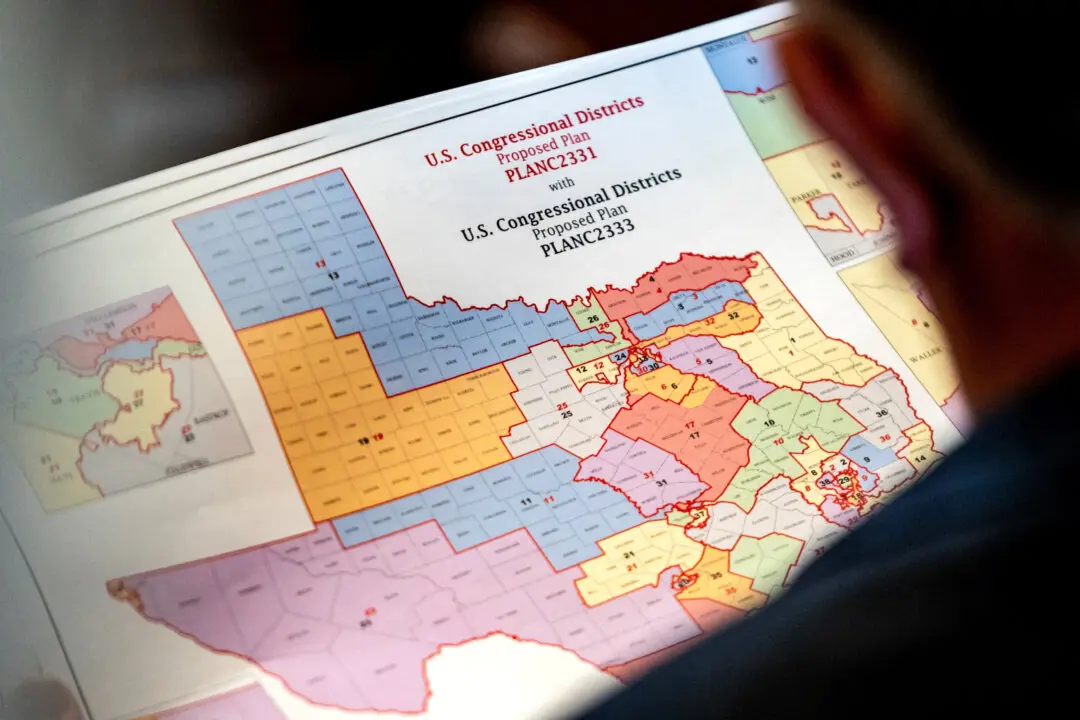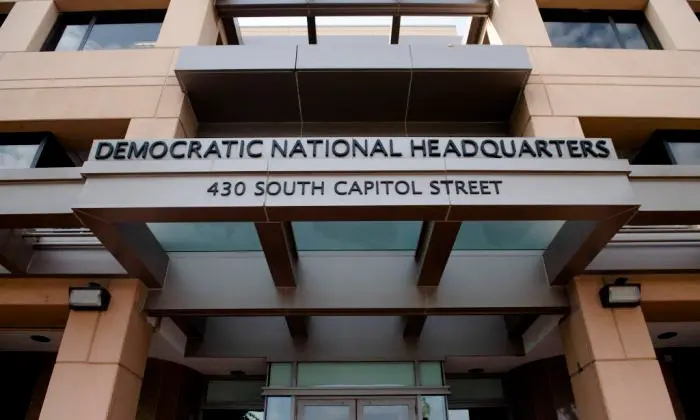Veteran homelessness in the United States has reached a record low, decreasing by 7.5 percent since 2023, according to an announcement by the U.S. Department of Veterans Affairs (VA), the U.S. Department of Housing and Urban Development (HUD), and the U.S. Interagency Council on Homelessness (USICH).
The 2024 Point-in-Time (PIT) Count revealed that 32,882 veterans were experiencing homelessness in January, a record since records began being kept in 2009. Last year’s count was the first time the percentage had risen in 12 years, with a rise of 7.4 percent to 35,574.





